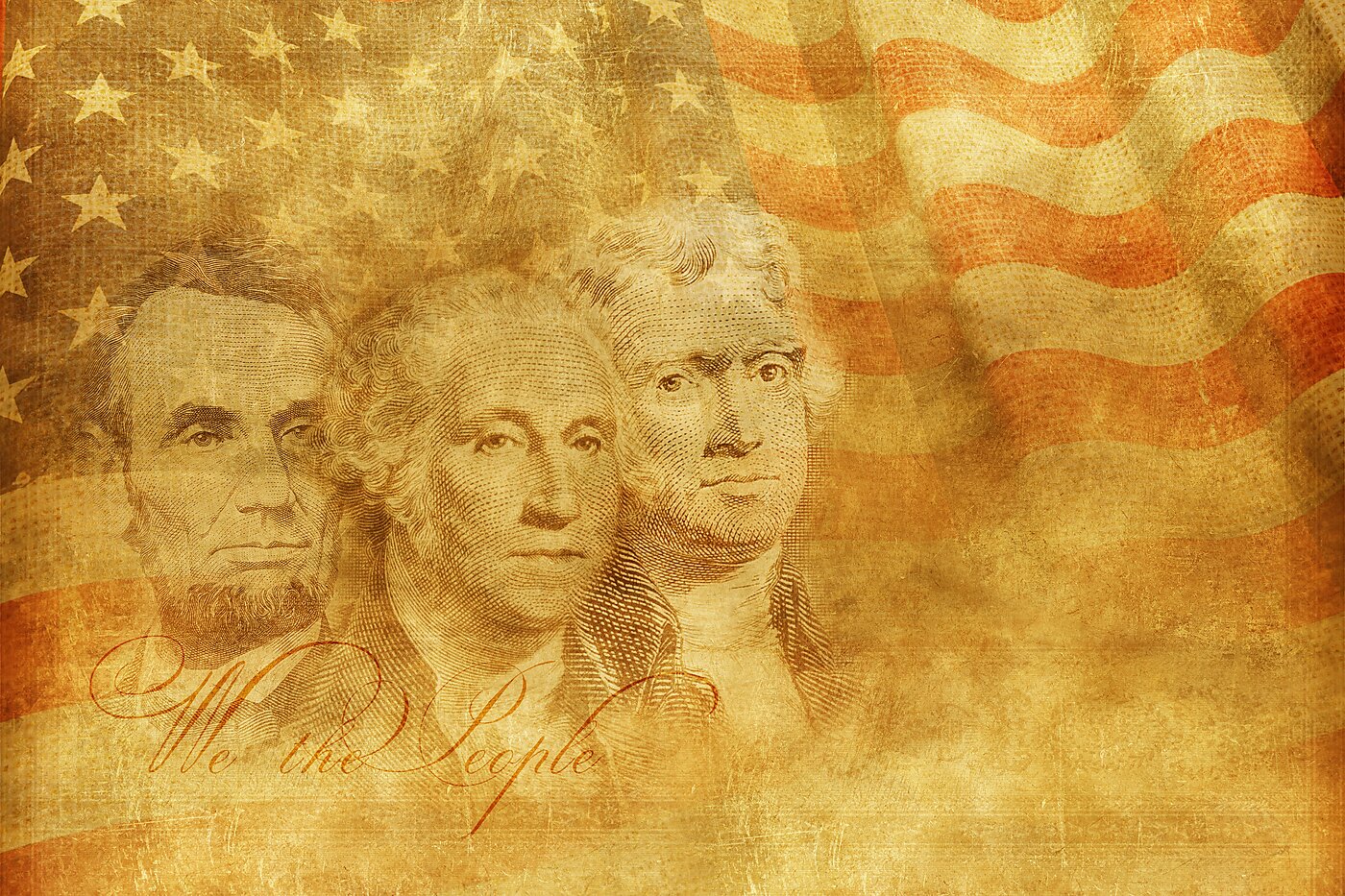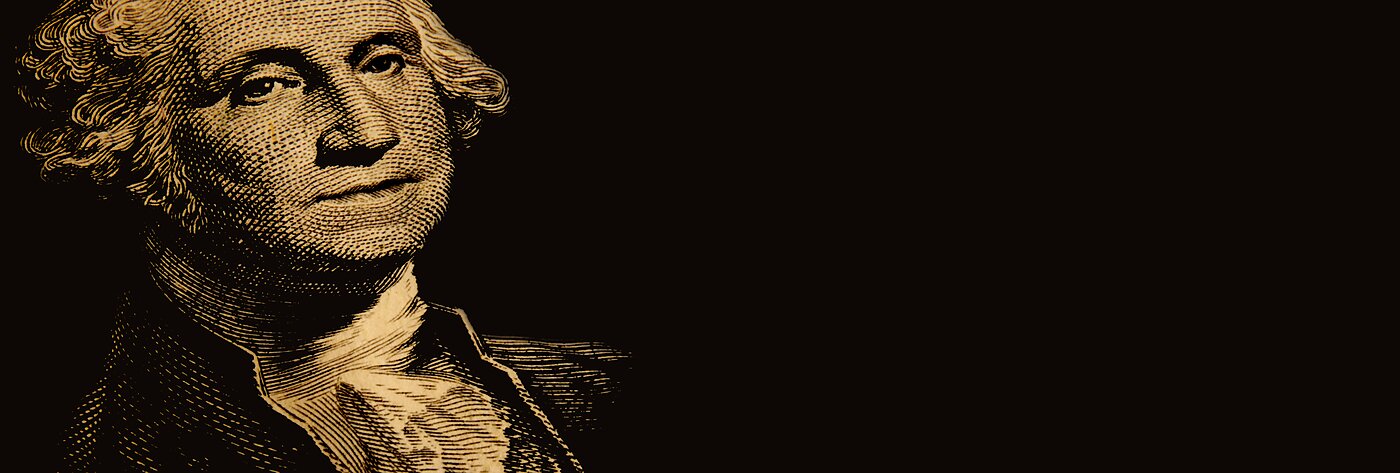Rating the Presidents
Sigh. Another year, another ranking of presidents. And as usual the academics who vote in such surveys especially like presidents who conducted wars and significant expansions of the federal government. Also they like Democrats, more so than in previous years.
This time it’s the Presidential Greatness Project Expert Survey, surveying 154 academic social science experts in presidential politics.
Presidential scholars love presidents who expand the size, scope and power of the federal government. Thus they put the Roosevelts at the top of the list. And for a long time (in a different poll, from Siena College) they rated Woodrow Wilson—the anti‐Madisonian president who gave us the entirely unnecessary World War I, which led to communism, National Socialism, World War II, and the Cold War—6th. Recently he’s fallen to 13th, presumably because of the increased publicity about his racism. In this survey he fell from 10th in 2015 to 15th this year. Not far enough, by a long shot.
Ronald Reagan, who did not resegregate the federal workforce or turn a European war into World War I, fell from 7th in 2018 to 16th this year. President Biden, after three years of vastly expanding the scope and cost of the federal government, is rated 14th. John F. Kennedy, a charismatic guy whose greatest substantive accomplishment was the launch of the Vietnam War, climbed into 10th place. Franklin D. Roosevelt, who never relinquished his claim on power, moved to no. 2, passing George Washington, who twice gave up power, ensuring that the new United States would be a republic. Lincoln is ranked first.
Perhaps not surprisingly, the survey directors write,
this survey has seen a pronounced partisan dynamic emerge, arguably in response to the Trump presidency and the Trumpification of presidential politics.
Proponents of the Biden presidency have strong arguments in their arsenal, but his high placement within the top 15 suggests a powerful anti‐Trump factor at work. So far, Biden’s record does not include the military victories or institutional expansion [!] that have typically driven higher rankings
Self‐described liberal and conservative scholars didn’t diverge much in their rankings of most presidents until Reagan. Our most recent presidents are more visible to the participants, and it’s hard to resist one’s personal preferences. Reagan, both Bushes, Obama, and Biden show sharp partisan divides. But not Trump, rated the worst president by liberals (really? worse than Wilson?) and 3rd worst by conservatives.
In his 2009 book Recarving Rushmore: Ranking the Presidents on Peace, Prosperity, and Liberty, Ivan Eland gives high grades to presidents who left the American people alone to enjoy peace and prosperity, such as Grover Cleveland, Martin Van Buren, and Rutherford B. Hayes. The fact that you can’t remember what any of those presidents did is a plus. At the bottom he places Wilson, Truman, McKinley, Polk, and George W. Bush. If you’ve ever wondered whether a particular president deserves the respect he seems to get, you might take a look at Libertarianism.org’s “Everything Wrong with the Presidents.”
Lately we’ve had a string of presidents who thought their office was invested with kingly powers. Both President George W. Bush and President Barack Obama used executive orders to grant themselves extraordinary powers to deal with terrorism. Lawmaking by the president, through executive orders, is a clear usurpation of both the legislative powers granted to Congress and the powers reserved to the states. The president’s principal duty under the Constitution is to “take care that the laws be faithfully executed”—not to make laws, as presidents have increasingly done.
Clinton aide Paul Begala boasted: “Stroke of the pen, law of the land. Kind of cool.” President Barack Obama declared: “We’re not just going to be waiting for legislation.… I’ve got a pen, and I’ve got a phone, and I can use that pen to sign executive orders and take executive actions and administrative actions that move the ball forward.” President Donald Trump upped the ante: “I have an Article II, where I have the right to do whatever I want as president.”
President Biden has presumed to use executive power to forgive student debt, support “clean energy,” impose an eviction moratorium, and more. But that’s not enough for his “progressive” supporters, who have urged him to impose a comprehensive legislative agenda by executive order, acting once again as if Congress’s unwillingness to pass the president’s agenda is justification for executive fiat.
Thus have presidents openly dismissed the legislative process. They should take a look at the White House’s own website, where they would read: “Under Article II of the Constitution, the President is responsible for the execution and enforcement of the laws created by Congress.” Exactly. Not to make the laws, but to execute and enforce them. No matter what agenda the president seeks to impose by executive order, Congress should stop him. The body to which the Constitution delegates “all legislative powers herein granted” must assert its authority.
On this Presidents’ Day—which is officially Washington’s Birthday—think of the example set by George Washington. Twice he gave up power, setting a standard for future presidents. And, to quote WhiteHouse.gov again, as president “He did not infringe upon the policy making powers that he felt the Constitution gave Congress.”
Posted on February 20, 2024 Posted to Cato@Liberty
David Boaz gives a speech, “The Rise of Illiberalism in the Shadow of Liberal Triumph,” at LibertyCon International 2024 hosted by Students for Liberty
Posted on February 2, 2024 Posted to Cato@Liberty





